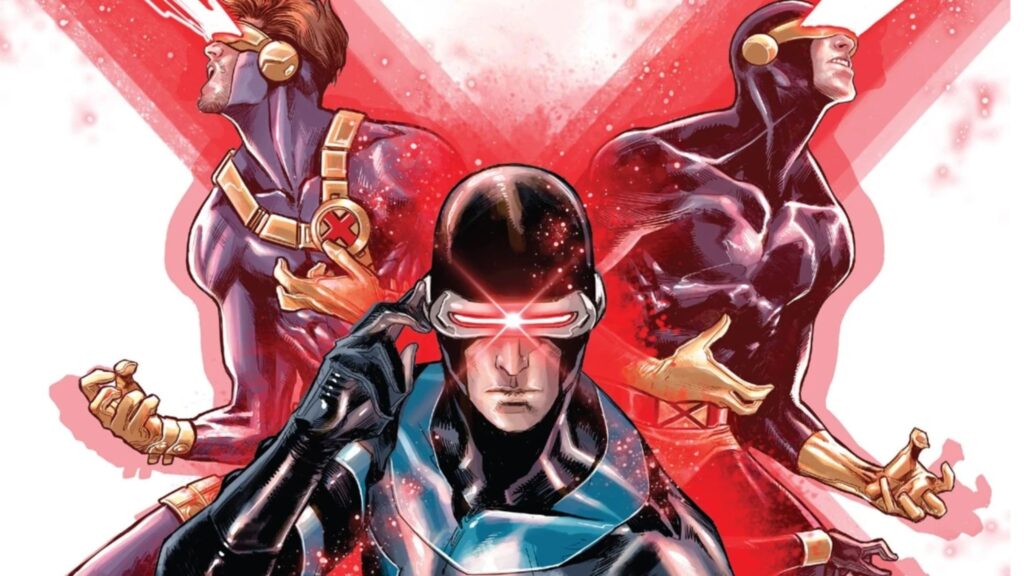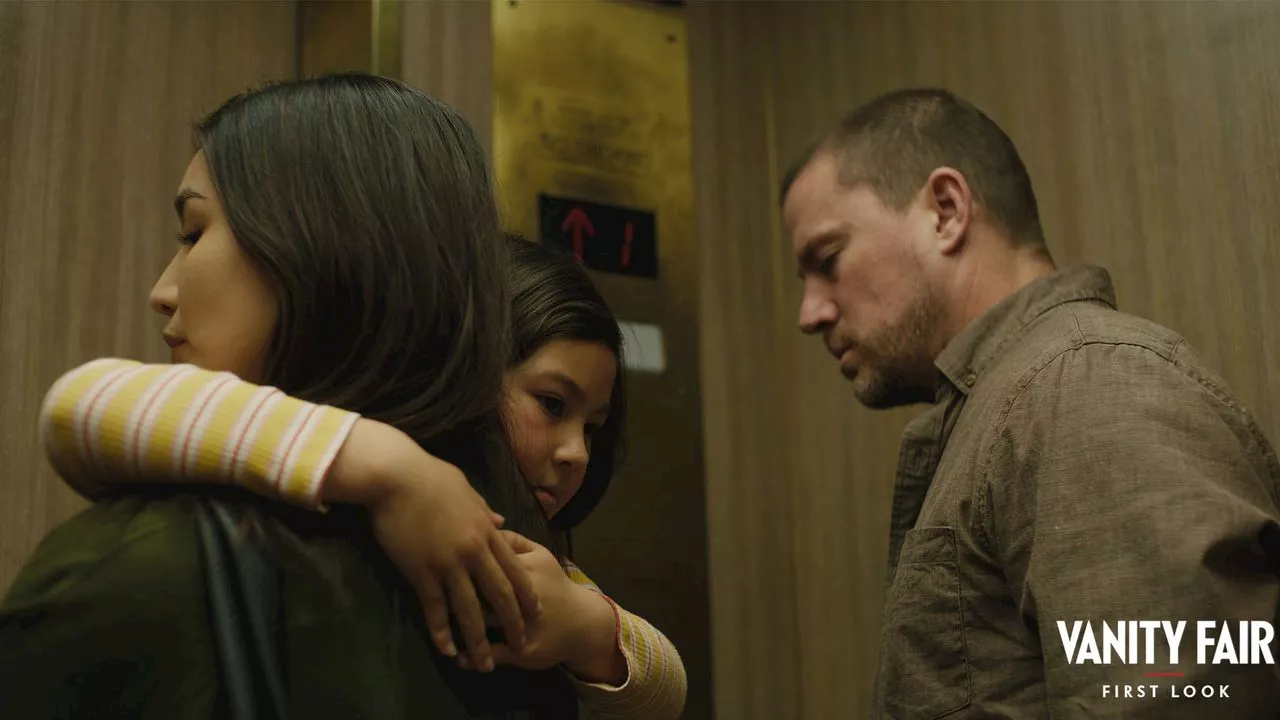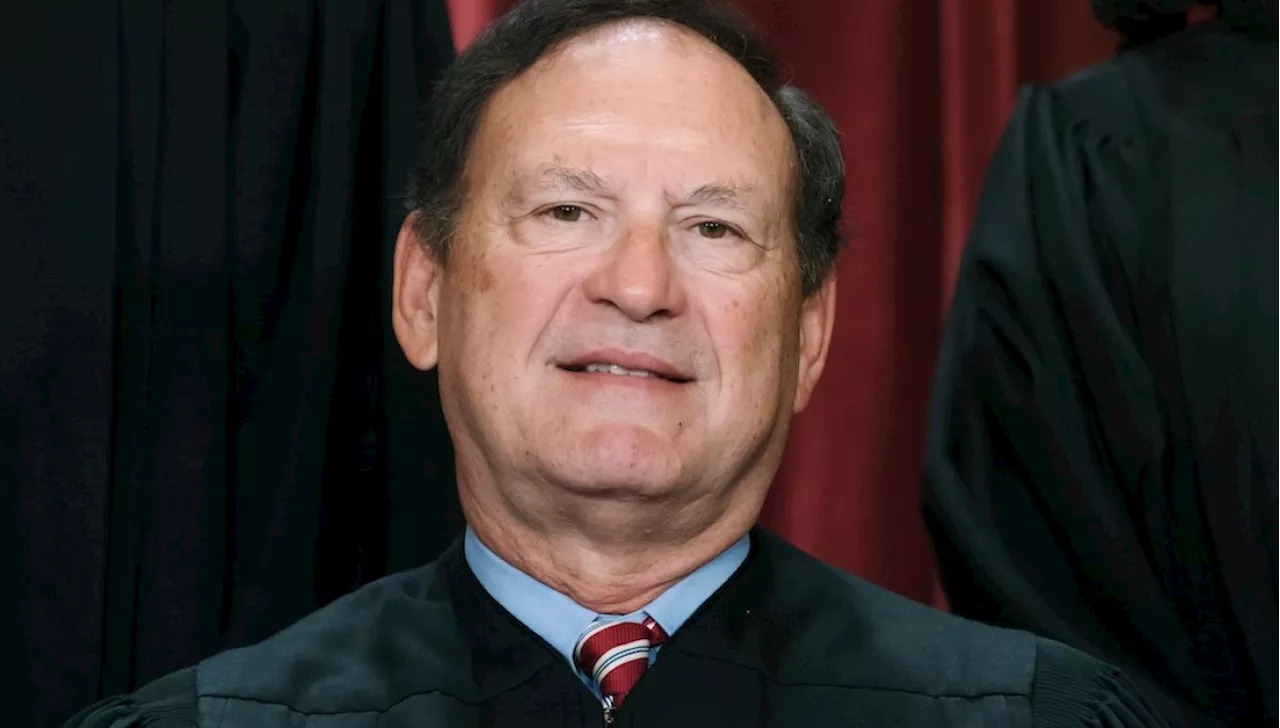
The character of Cyclops, long viewed as a secondary figure within the X-Men universe, has demonstrated his leadership abilities on multiple occasions, often against the prevailing opinions of his peers. With a storied history in the Marvel Universe, Cyclops has risen from being perceived as merely a “boy scout” to a leader of immense strategic capability. Here are six instances where Cyclops stood firm in his decisions, ultimately proving his critics wrong.
Reforming X-Force for Mutant Survival
In the wake of the events surrounding the House of M, the mutant population dwindled to a mere 198 individuals. Faced with extinction, Cyclops recognized that traditional methods of combating threats were no longer sufficient. He took the bold step of forming a new X-Force, a covert team led by Wolverine to tackle dangerous missions that the X-Men could not handle openly. This decision, while controversial, was vital for the survival of mutantkind, as it allowed them to confront threats head-on rather than relying on outdated tactics.
Integrating Magneto into the X-Men
During the X-Men’s significant period in San Francisco, Cyclops made the contentious decision to allow Magneto to join their ranks after the former villain regained his powers. Despite the disapproval from Charles Xavier and other mutants who recalled Magneto’s past betrayals, Cyclops saw the potential benefits. Magneto quickly proved valuable, using his abilities to assist in critical situations, thereby validating Cyclops’s decision and showcasing his ability to look beyond past grievances for the greater good of mutantkind.
Cyclops’s leadership was further tested when Norman Osborn launched his Dark Avengers against the X-Men. Rather than capitulating, Cyclops employed strategic brilliance to outmaneuver Osborn, demonstrating his tactical acumen. Despite skepticism from his fellow X-Men, Cyclops’s approach led to a resounding victory against Osborn’s forces, reinforcing his standing as a capable leader.
Decisions in Crisis: X-Men: Schism
The storyline X-Men: Schism marked a critical turning point in Cyclops’s leadership. As tensions escalated with the new Inner Circle of the Hellfire Club, Cyclops faced an unprecedented crisis when young mutants were threatened. In a moment of desperation, he ordered a younger mutant, Oya, to take lethal action against the attackers, a decision that sparked heated conflict with Wolverine. While the ethics of using a child soldier raised valid concerns, Cyclops’s choice ultimately saved lives, illustrating the difficult decisions leaders must sometimes make in dire situations.
A Complex Relationship with Emma Frost
Another significant aspect of Cyclops’s evolution as a character is his relationship with Emma Frost. Following the return of his first love, Jean Grey, Cyclops faced a tumultuous emotional landscape. His connection with Emma, who became a significant ally and partner, marked a turning point in his character development. Together, they navigated the complexities of leadership during one of mutantkind’s most perilous eras, with Emma’s influence helping Cyclops mature in ways that were critical to his role as a leader.
Hope Summers and the Phoenix Force
In the major crossover event Avengers Vs. X-Men, Cyclops’s faith in Hope Summers was put to the test. He had trained Hope, the adopted daughter of his son Cable, as a potential savior for mutantkind. When the Phoenix Force approached Earth, Cyclops planned for Hope to harness its power to revitalize their dwindling population. Although many, including Wolverine, deemed his actions reckless, Cyclops’s instincts were ultimately validated. Hope not only succeeded in revitalizing the mutant gene within humanity, but also fulfilled Cyclops’s vision, proving that his faith in her was well-placed.
In retrospect, Cyclops’s journey from a perceived lackluster leader to a decisive figure in the X-Men saga showcases the complexities of leadership within a tumultuous environment. As Cyclops continues to navigate the challenges of the Marvel Universe, his ability to make tough decisions, often against the grain of popular opinion, underscores his role as one of the most compelling characters in the X-Men narrative.






